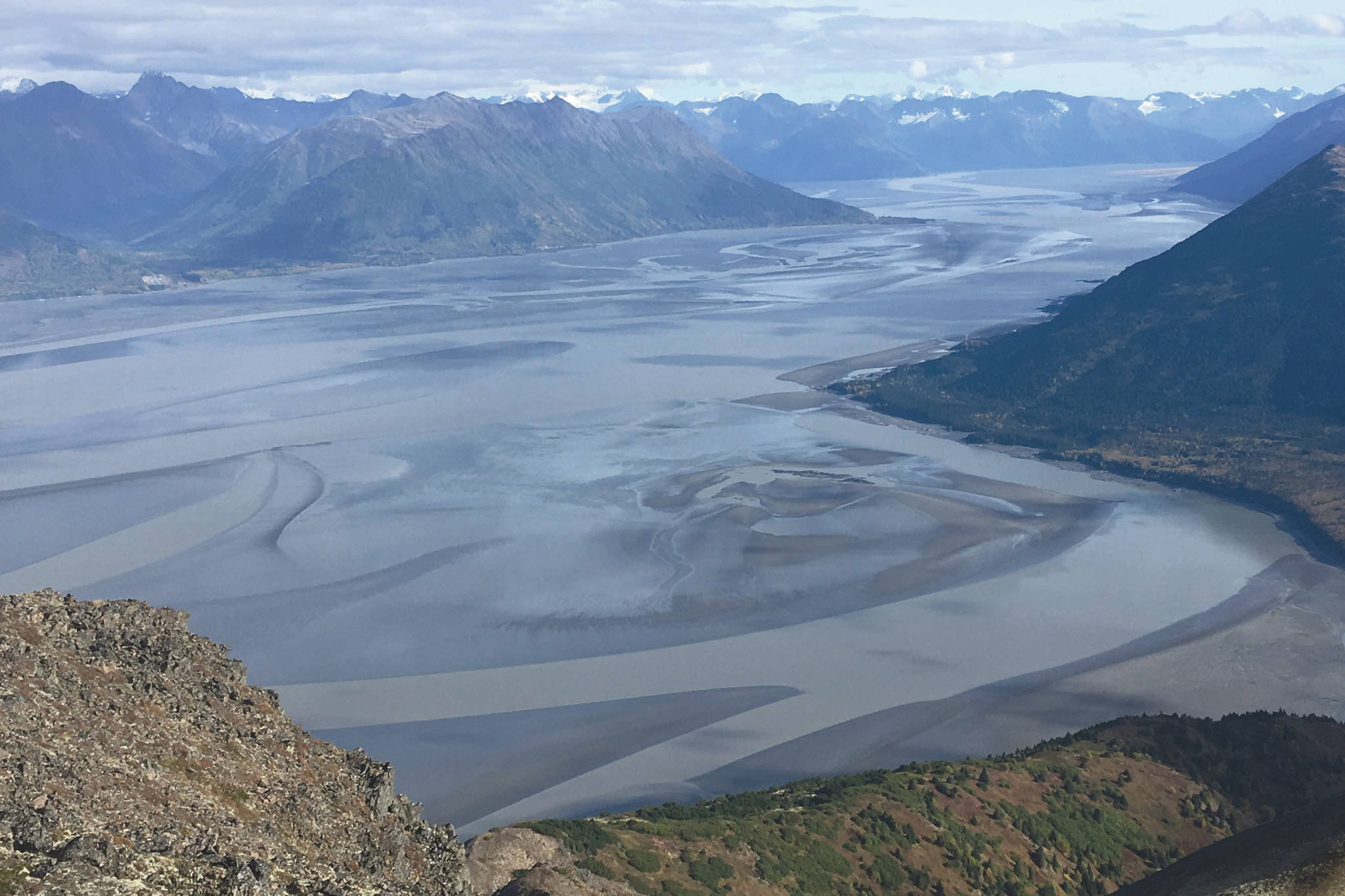Editor’s note: The following is based on true events, with some names omitted and details altered to avoid potentially embarrassing anyone who might be reading this.
He was a small-town newspaper reporter, covering all the local updates in the midst of a global pandemic. She was a hospital nurse in the big city, saving lives and treating COVID-19 patients on the front lines.
The premise sounds like a movie we can expect to see on Netflix in a few years after the new coronavirus is, hopefully, a painful but distant memory. It’s also been my experience over the past few weeks in the modern dilemma that is dating in a time of quarantine.
A couple weeks ago, a story took the internet by storm about a man and a woman who fell for each other after exchanging messages from the roofs of their apartments in Brooklyn. The two ended up going on a “date” over FaceTime, and to many who now spend most of their days online, the couple has become a symbol that love can carry on even in the strangest of circumstances.
The story is also illustrative of the experience of many young people these days. Gone are the days of our parents, where being on websites like Match.com or eHarmony was a sign that all other options had been exhausted. Using the internet to find romantic partners has become commonplace for millennials, the proverbial crash test dummies for the development of apps like Tinder, Bumble and Hinge, which are now a dime a dozen.
The concept is basically the same regardless of the app: We “match” with each other on one of these platforms to confirm a mutual attraction, getting that awkward part out of the way, then we either start up a conversation and get to know the person a bit before arranging to meet them, or we exchange a handful of messages and never speak to them again.
Sure, there’s always the possibility of striking up a relationship with someone who is not as they appear on the internet. But being cautious of strangers online has been deeply internalized by the generation that grew up with the internet, so we tend to be pretty good at knowing when someone is pretending to be someone else.
It’s worth noting that this was the norm well before the coronavirus forced us to avoid each other by any means necessary.
The big difference now is that, if you do happen to find someone you can stand talking to for more than 30 minutes, you can’t actually meet each other in person.
So what does that mean for my story?
Well, it means movie nights over the phone and dinner dates via video chat. It means constantly pausing and rewinding your TV so that you’re not 10 seconds ahead while watching the latest episode of “Tiger King” together from 150-plus miles away.
It also means spending a lot of our spare time making plans for when we can actually be in the same location. Luckily we live in Alaska with summer fast approaching, so our options for weekend excursions post-pandemic will be anything but limited. Assuming we’re ever allowed to leave our houses again.
One of the first places on our list is Hope, which I think is poetic in its own way.
Journalists and nurses are both considered “essential workers” in these times of crisis, along with teachers, sanitation workers and construction crews, so we both are under more stress than usual with our jobs. Her daily routine, however, exposes her to the virus in ways that I don’t have to experience.
I can have a full day at work without coming closer than 6 feet to anyone, including my co-workers. Interviews are easily done over the phone, and the zoom capabilities of my camera lenses ensure I can maintain my distance from anything or anyone I need to photograph.
Her job, on the other hand, involves being up close and personal with sick people every day. She’s already treated patients with COVID-19, exposing herself directly to the virus, and works long days with a mask over her face the whole time.
I visited our local hospital Tuesday and had to wear a cloth mask for less than two hours while inside. By the end of the tour my ears felt like they were about to fall off from the elastic that was keeping the mask on my face. Every time I talked, the mask slid down my nose and I had to adjust it, probably negating its effectiveness in the process.
I don’t know how she and all the other hospital workers do it for 10 or 12 hours at a time.
Who knows whether this will turn into anything more than two people looking for companionship in a time when we’re all feeling a little disconnected. The word “unprecedented” gets thrown around a lot these days, but I think it’s safe to say that dating in the middle of a pandemic is a new experience for everyone involved.
Regardless of whatever happens, the past few weeks have made for some interesting stories. Whether they’ll be the makings of a screenplay that I sell to a movie studio, the stories we tell our kids or just another footnote in the history books, that remains to be seen.


